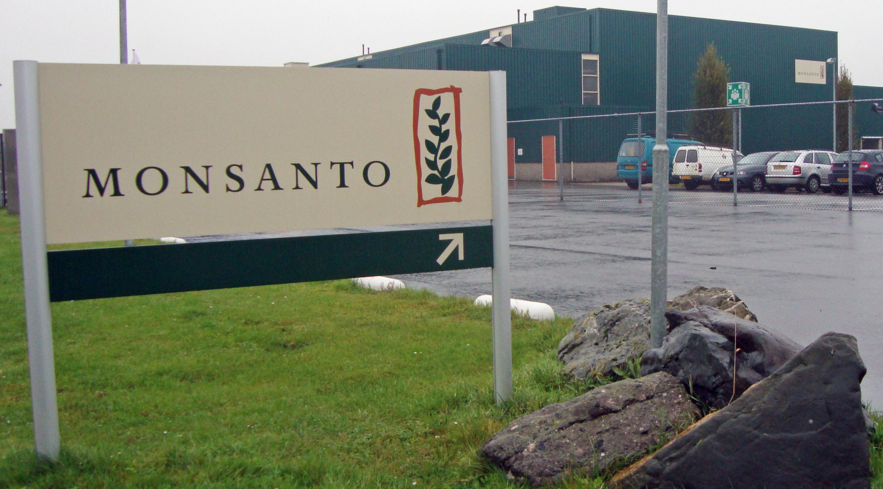
The parent company of Monsanto, Bayer AG, has lost another appeals court decision regarding the cancer-causing effects of the company's Roundup (glyphosate) herbicide.
The decision was handed down by the 1st Appellate District in the Court of Appeal for California, which denied Monsanto's bid to overturn its trial loss in a case involving husband-and-wife plaintiffs Alva and Alberta Pilliod.
"We find that substantial evidence supports the jury's verdicts," the court announced.
"Monsanto's conduct evidenced reckless disregard of the health and safety of the multitude of unsuspecting consumers it kept in the dark. This was not an isolated incident; Monsanto's conduct involved repeated actions over a period of many years motivated by the desire for sales and profit."
Despite the Trump administration's shooting down of another similar case back in early 2020, this latest one could set a new precedent against the world's most evil corporation.
The court specifically rejected an argument made by Bayer that federal law preempts such lawsuits, which the company posed to its investors as a possible way out of the litigation. Bayer is now planning to push the Supreme Court to take its side.
Back in May 2019, a jury awarded the Pilliods more than $2 billion in punitive and compensatory damages after lawyers successfully argued that Roundup (glyphosate) use on crops caused them both to develop non-Hodgkin lymphoma. The trial judge later lowered this amount to a combined $87 million award.
Monsanto appealed its loss, claiming that the findings were "flawed," accusing its guilty verdict of being a "product of attorney misconduct." The appeals court, however, sided with the plaintiffs and against Monsanto.
Monsanto lied about first court case during appeals process
The appeals court also pointed out that there is substantial evidence to show that Monsanto acted with a "willful and conscious disregard for the safety of others" with regard to Roundup (glyphosate).
The evidence proves that Monsanto "failed to conduct adequate studies on glyphosate and Roundup, thus impeding discouraging or distorting scientific inquiry concerning glyphosate and Roundup," the court said.
Monsanto was also pegged for not accurately presenting "all of the record evidence" in its appeal, instead putting forth "a lopsided presentation that relies primarily on the evidence in its favor. This type of presentation may work for a jury, but it will not work for the Court of Appeal," the court declared.
Further, Monsanto lied about the first trial during the appeals court trial, completely misrepresenting what occurred. The truth, the appeals court found, is that Monsanto has shown an "intransigent unwillingness to inform the public about the carcinogenic dangers of a product it made abundantly available at hardware stores and garden shops across the country."
The Pilliod trial is the third successful case against Monsanto, the first one involving Dewayne Johnson who was awarded $289 million and the second involving another plaintiff who was awarded $80 million.
There is a fourth trial currently underway, Donnetta Stephens v. Monsanto, that involves seven men and five women who are suing the company over Roundup (glyphosate) causing them to develop non-Hodgkin lymphoma. That case is being heard in the Superior Court of San Bernardino County in California.
Bayer, which purchased Monsanto back in 2018, has settled numerous other cases involving Roundup (glyphosate) and cancer. In 2020, Bayer agreed to pay about $11 billion to settle 100,00 existing Roundup (glyphosate) cases, followed by another $4.5 billion that the company agreed to place into a settlement fund last month.
Bayer has also announced plans to stop selling Roundup (glyphosate) entirely by the year 2023.
To keep up with the latest news about Bayer and Monsanto Roundup (glyphosate) litigation, be sure to visit Glyphosate.news.
Sources for this article include:
Please contact us for more information.





















